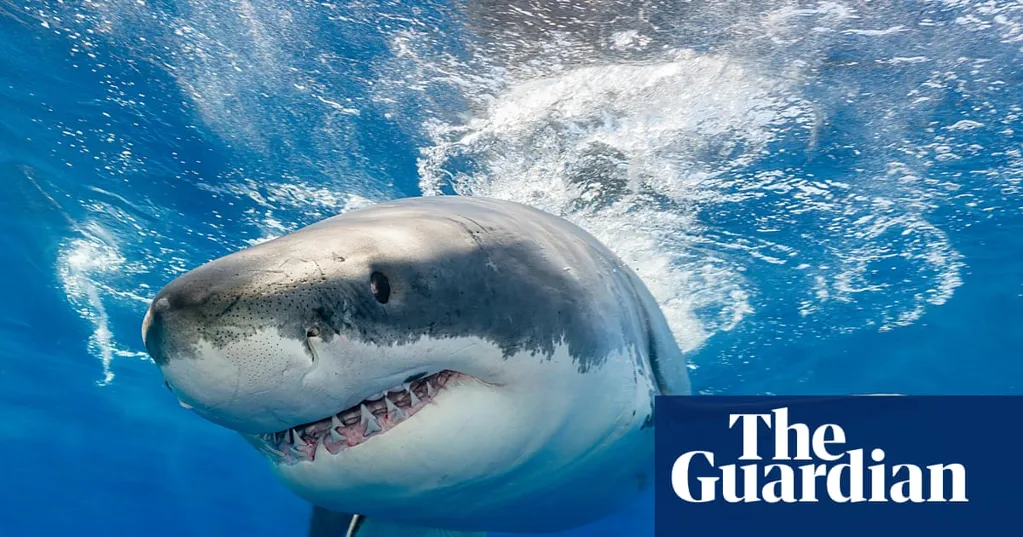Sharks could struggle to feed themselves efficiently in future, affecting marine ecosystem stability, researchers say
Sharks without teeth might sound like the stuff of dreams to swimmers and surfers. Now a new study has found that ocean acidification could leave the apex predators without their critical survival weapon.
Shark jaws carry several rows of teeth and new ones quickly push forward to replace losses. However, rapidly acidifying oceans are damaging shark teeth and could speed losses past replacement rates. Sharks with bad teeth could struggle to feed themselves efficiently, "potentially affecting shark populations and marine ecosystem stability", the study said.
Ocean acidification is caused by rapid carbon dioxide absorption creating a chain reaction that lowers pH levels. Projections suggest oceans could be far more acidic by the year 2300, falling from a current average pH of about 8.1 to 7.3, a change that will have "profound implications for marine organisms", the study said.
To test acidification effects, researchers kept 60 freshly fallen shark teeth in artificial seawater tanks, one matching the current ocean average pH of 8.1, another with the projected 7.3 pH. The teeth, safely collected from a German aquarium, had already been naturally discarded by six male and four female blacktip reef sharks.
After eight weeks, teeth in the more acidic tank suffered about twice as much damage, said Maximilian Baum, the study's lead author and a researcher working with Germany's Heinrich Heine University's Institute for Zoology and Organismic Interactions. Effects included "increased root corrosion ... and altered serration", he said.
Dental stress would add to sharks' other problems, which include prey shortages caused by overfishing.
"I think there will be effects on the teeth of ocean predators in general when they are highly mineralised structures like we have in sharks," he said.
Previous studies have shown that acidification harms shells, corals and mussels, "and that was also the reason why we did this study, to show us the effects on larger predators".
More optimistically, Baum believes sharks may adapt by increasing tooth replacements and improving strengthening and repair.
Lisa Whitenack, a professor at Pennsylvania's Allegheny College who is a shark tooth expert and not part of the study team, said the new research added to initial findings on shark teeth and acidification. She too suggested tooth replacement may keep pace with acidification losses and added that corroded teeth may still be effective.
"It will be interesting to see in future studies if the damage to teeth seen in studies like this one results in a functional effect on a tooth's ability to do its job ... [and if] damaged teeth can still cut or puncture prey."
